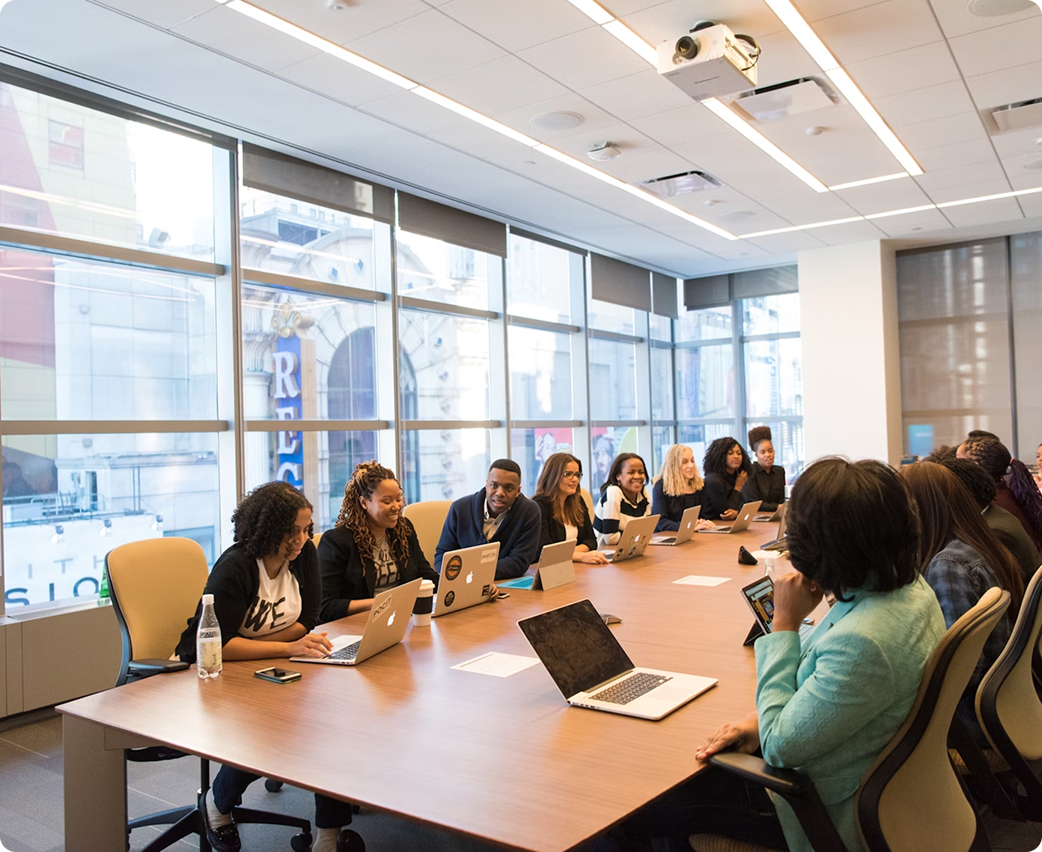To really get your productive groove going, you’ve got to discover your own rhythms. The body’s complex circadian rhythms, metabolic processes, and behavioral cycles can either work for you or against you in your pursuit of productivity.
There are three main models for structuring your workday. When you discover your most productive time, you’ll turn into a productivity machine. Here are the three most popular ways to structure your workday. When do you work best?
The Morning Crush-It
Those who thrive in the morning, get the most done from 5:30 to 10:30. These are the annoying Benjamin Franklin freaks of the human race who smile and give you a cheery slap on the back at 7am while others wander around with the the just-got-run-over-by-a-school-bus look in their eyes. Some of these people actually exercised before you even got out of bed.
The morning people have good science backing their practices, plus the admiration of unmorning people. According to a Forbes piece on workday best practices, the first few hours of a workday predict how the rest of the day is going to roll. One of the best ways to have a “good day” is actually to have a good morning. This involves more than just waking up on the right side of the bed. It’s about waking up early and then crushing it in the first few hours of being awake. Seize the advantage of quiet early mornings hours to slay your toughest tasks.
Advantages
- Your brain is the freshest at the beginning of the day. You’re energized by the workload. You’re rested up from a night of sleep. Physically and mentally, you’re in the best position to do combat with your meanest and hairiest projects.
- You begin with a victory. It feels really good to check stuff off your to-do list. When you start the day with a few checklist triumphs, it pumps you with energy and optimism that can keep you productive all day. Matt McCormick at Technori writes, “Whatever I do, I know for a fact that every morning I’m going to have one important item on my daily to-do list, and that is going to get done. It provides so much focus and satisfaction.”
Disadvantages
- As sleep deprived as we are, it’s hard to get up early. Most Americans don’t get enough sleep, so adding an early morning alarm clock to an already-late bedtime is a recipe for sleep deprivation. Early bedtimes are essential if the early morning thing is going to work at all.
- Some people find that they are not clear headed in the morning. Foggy thinking and fatigue are not the MO for accomplishing great work. To clear the cobwebs, many people hit the gym or running trail before heading into the office. Coffee always helps, too.
Works best for…
- Remote workers
- Those who have projects that require a lot of distraction-free time
- Knowledge workers who have flexibility with their schedule
- People who have early morning access to a distraction-free office space
- Work-from-home moms or dads who deal with childcare or child schedules during the day
The High Noon Heavy Hitter
High Noon Heavy Hitters find that their best time to work is from 12 noon to 5 or 6 in the afternoon.
Some people hit their streak right around noon. The morning is the runway, and by noon, they’re at cruising altitude, knocking out projects, checking off tasks, and feeling like David Allen. There’s some science that nods affirmatively to this. Environmental stimuli make the afternoon hum with activity. On the flip side, all that buzz of commotion can mean big time distraction time.
Advantages
- The afternoon is the time when businesses are open, things are happening, phones are ringing, transactions are processing, and most people are at work. This landscape of action is a great time for most people to feel in the zone. Activity engenders activity, and so the workday goes.
- Most people are working in the afternoon, meaning that you can get questions answered, emails responded, and phone calls received during these hours.
Disadvantages
- Most humans eat lunch right around this time. A midday meal could compromise your productivity by diminishing your level of mental acuity and alertness. One uberproductive friend of mine eats a late breakfast and an early dinner. Then, he works straight from 10a-6p without stopping for so much as a snack.
- According to the guys in the white coats, we get reach our drowsiest point in the day at 2pm. If you’re tempted to pull the shades and do the head-on-the-desk thing, this may be a sign you’re not wired as a high noon heavy hitter. In your case, a siesta may be in order.
Works best for…
- Those who have a hard time waking up early
- Standard 9-5 schedule keepers
- Workdays where instant communication or phone calls are important
- Managers who must interact with workers throughout the workday
- People who have unpredictable schedules, appointments, or obligations during their workday
The Night Owl Ninja
Night people really get going when the early-to-bed group is retiring — around 8pm or 9pm. These people, whether fueled by adrenaline or fear of vampires, churn out wondrous deeds when the world is fast asleep.
In “The Peak Time for Everything,” the Wall Street Journal reports that “evening people tend to wake up later, start more slowly and peak in the evening.” There’s no shame to being a late-riser, lazy-morning kind of person. If your super streak is the evening hours, do it and own it.
Just be aware that most of us are not evening people. One study found that 10% of men and 12% of women were "evening types." If you’re a true night owl, then you’re a rare bird.
Advantages
- In the stillness of night, the wired-for-action mind can function extremely well. There are no distractions, no phone calls, and no way that your zone will be punctured by a talkative coworker, frazzled boss, or juicy water cooler gossip.
- Though it’s often considered a non-optimal time, some people are at their creative zenith after the sun goes down, according to a scholarly study by Wieth and Zacks. If you do creative work, try a late-nighter or an all-nighter and see how your masterpiece turns out.
Disadvantages
- If you’re required to be somewhere early in the morning, make sure you have a loud alarm clock, such as an industrial fire alarm. Either that, or someone who can douse you in cold water. Waking up at 7:00a from a 3am bedtime is only a bit easier than rising from death to life.
- Many social events — movies, dinner dates, ball games, parties, etc. — happen in the evening. If you’re working during that time, you’re going to miss out on some of the fun.
Works best for...
- Creatives, such as designers and writers
- People who moonlight or freelance
- Those who work from home
How do you structure your workday, and why?







